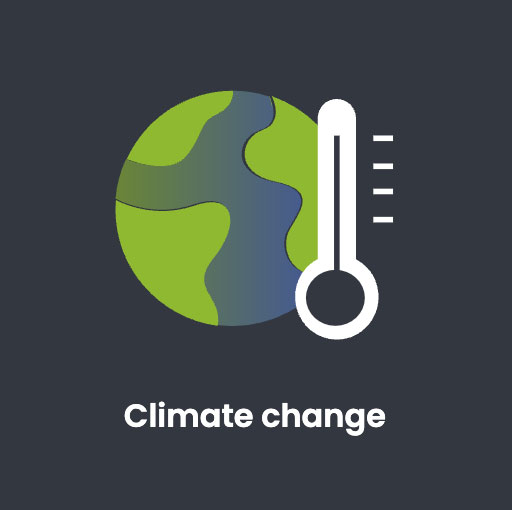ASI puts spotlight on Circularity and GHG Emissions at Fastmarkets International Aluminium 2024
Chris Bayliss, Climate Change and Decarbonisation Director at ASI played an active role at the recent Fastmarkets International Aluminium 2024 conference in Athens with a spotlight presentation and a workshop.
26 September 2024
 GHG Emissions Reduction: ASI’s GHG Pathways Method
GHG Emissions Reduction: ASI’s GHG Pathways Method
Chris presented the ASI GHG Pathways Method in a workshop during the conference. This method provides a science-based approach to emissions reduction and target setting, giving flexibility to implementing Entities but still aligned with a 1.5 degree scenario. The ASI framework highlights that transitioning to renewable energy sources could reduce the aluminium sector’s emissions by up to 60%, providing a path forward for companies committed to reducing their environmental impac
Circularity in Aluminium Production
Discussions at the conference in the circularity space emphasised its critical role in reducing the environmental footprint of the sector. Recycled aluminium, with its significantly lower energy requirements compared to primary aluminium, was highlighted as a key component in supporting circular economy principles, but not the only lever for resource efficiency that will need to be adopted by producers, transformers and users of aluminium if planetary boundaries are to be respected. Key sessions, including Chris’ spotlight presentation, “Maximising Circularity: ![]() The Role of Recycled Aluminium in a Circular Economy,” underscored the importance of efficient scrap collection and sorting, as well as innovative product design to extend product life cycles, aligning with ASI’s Performance Standard for responsible sourcing and circularity. However, the presentation also highlighted the nuanced role of recycling in the sector’s decarbonization efforts, noting that meeting climate targets, such as the 1.5-degree scenario set by the International Aluminium Institute, requires a multifaceted approach. This includes improving the recovery and quality of post-consumer scrap while reducing pre-consumer scrap generation, which already has high recycling rates. Despite near-total recycling efforts, the sector will still require substantial volumes of primary aluminium by 2050 due to current and projected scrap availability limitations. This insight underscores that recycling alone is insufficient for meeting decarbonization goals, necessitating a comprehensive strategy that integrates low-carbon primary production and responsible scrap management.
The Role of Recycled Aluminium in a Circular Economy,” underscored the importance of efficient scrap collection and sorting, as well as innovative product design to extend product life cycles, aligning with ASI’s Performance Standard for responsible sourcing and circularity. However, the presentation also highlighted the nuanced role of recycling in the sector’s decarbonization efforts, noting that meeting climate targets, such as the 1.5-degree scenario set by the International Aluminium Institute, requires a multifaceted approach. This includes improving the recovery and quality of post-consumer scrap while reducing pre-consumer scrap generation, which already has high recycling rates. Despite near-total recycling efforts, the sector will still require substantial volumes of primary aluminium by 2050 due to current and projected scrap availability limitations. This insight underscores that recycling alone is insufficient for meeting decarbonization goals, necessitating a comprehensive strategy that integrates low-carbon primary production and responsible scrap management.
Regulatory Challenges and the Role of ASI Certification
The EU’s Carbon Border Adjustment Mechanism (CBAM) was a significant topic of discussion, particularly its implications for global trade and compliance requirements. ASI’s certification and standards provide crucial support in navigating these evolving regulations, supporting companies with compliance against environmental benchmarks while advancing sustainability goals. The ASI Performance and Chain of Custody Standards offer a credible framework for responsible aluminium production, helping to align industry practices with regulatory expectations.
Key conference takeaways
ASI’s participation at the Fastmarkets International Aluminium 2024 conference underscored its role in supporting the aluminium industry’s sustainability efforts. By providing guidance on circularity, GHG emissions reduction, and the relevance of the ASI Standards to regulatory compliance, ASI continues to be a valuable resource and provide support for companies striving to meet global sustainability targets.
RELATED TOPICS:
SHARE THIS ARTICLE


